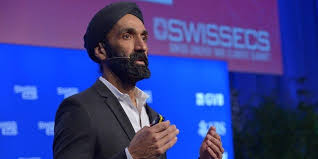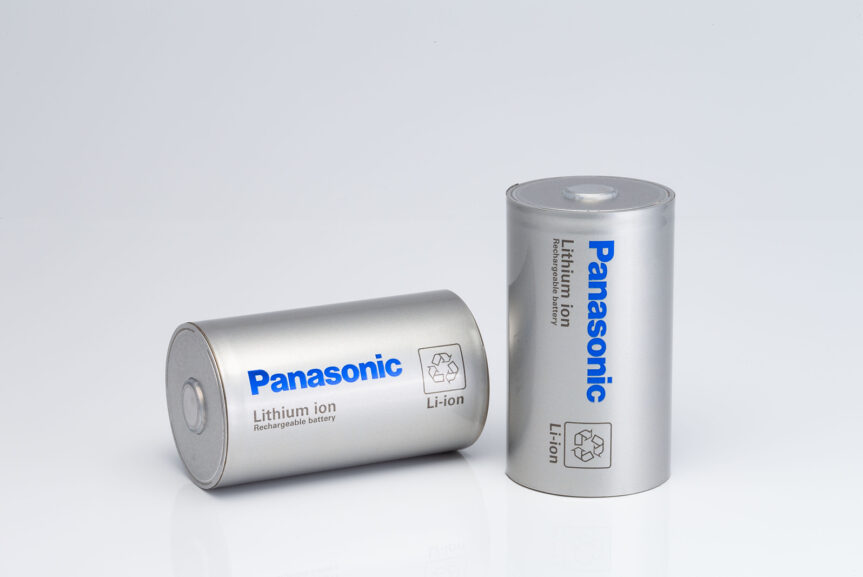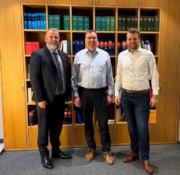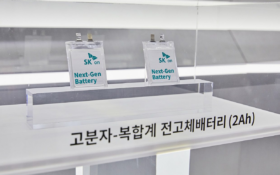Quantumscape, the US solid-state electric vehicle lithium-ion battery maker backed by Bill Gates and Volkswagen, has hit a road bump following a report that poured cold water on their performance claims.
The company’s stock price tumbled by around 41% on 4 January following a report on Seeking Alpha website by Dr Brian Morin, CEO of Soteria Battery Innovation Group, that questioned the technology’s capabilities.
Following the stock price fall, the law offices of Frank R. Cruz announced an investigation of QuantumScape on 4 January on behalf of investors concerning the company’s possible violations of federal securities laws.
On 7 January, Gainey McKenna & Egleston announced a class action lawsuit had been filed against QuantumScape Corporation in the United States District Court for the Northern District of California on behalf of those who purchased or acquired the securities of QuantumScape between November 27, 2020 and December 31, 2020, inclusive (the “Class Period”). The lawsuit seeks to recover damages for QuantumScape investors under the federal securities laws.
On 8 December, the company announced test results that showed its single-layer 3.2mAh/cm2 pouch cell technology was capable of more than 800 cycles with greater than 80% capacity retention and could charge to 80% in 15 minutes.
Manna from heaven for the electric vehicle industry, and those clambering to take advantage of share prices that soared 60% before Christmas on the back of the firm’s performance report.
However, Morin said that QuantumScape’s technology did not meet its claimed data on low temperature operation, low temperature life and energy density.
He said in the Seeking Alpha report: “They show 100 or so cycles at -100C. Respectable, except that these cycles are at C/5 charge and C/3 discharge. Thus, not 80% in 15 minutes, but rather 5% charge in 15 minutes.
“They talk about being able to get to an energy density of 400 Wh/kg, which would be great. However, they clearly have not yet, as all their graphs are normalized to 100%, not to an actual capacity. And Amprius is already making cells with 450 Wh/kg, and Tesla claimed on their Battery Day that they could achieve 350 Wh/kg. So, while nice, this energy density they hope to achieve in 2028 will not beat today’s state of the art, and will not be state of the art when it is achieved.”
Morin also suggested that Quantumscape’s batteries— when commercialised— would have lower energy density than Amprius has achieved today (450Wh/kg); it would take much longer and cost much more to scale up; it would not be able to withstand the aggressive automotive environment; and it would be far more expensive than today’s lithium-ion batteries, and would likely never achieve lower cost than contemporary lithium ion batteries.
Quantumscape did not reply to BEST, but its CEO Jagdeep Singh told CNBC: “Nothing has changed about the business everything is exactly where it was four days ago or four weeks ago for that matter.
“We obviously can’t predict short-term stock marking behavior, but at the end of the day, supply and demand have to come into balance, which is what might be happening here.”
He added: “I will say that basically from our standpoint, we continue to believe that if we can deliver this technology into real cars on real roads, we will create a tremendous amount of value for all of our investors while the same time making a real impact on the climate.
“It’s a multi-hundred billion dollars a year opportunity for whoever wins the battery technology race and we have something that has never been shown by the world before which is a solid-state system that delivers levels of performance.
“They’re really record-breaking, not only in comparison to other solid state efforts but even in comparison to lithium-ion commercial technology.”












